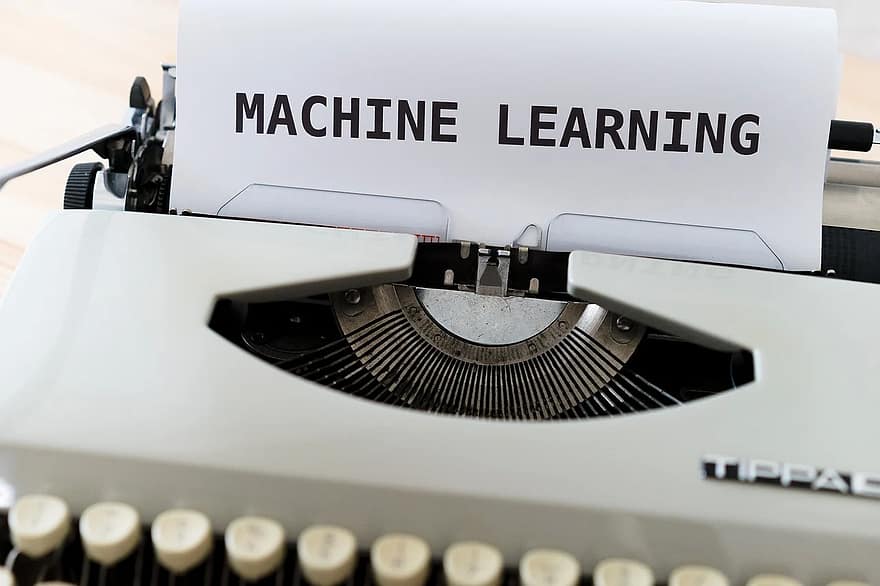TU Delft is ramping up research into artificial intelligence. It is doubling the budget to EUR 70 million a year and there will ultimately be 24 inter-disciplinary AI Labs.
The research is starting with eight research groups in various areas including materials science, the urban environment and water management. (Photo: Pikist)
Artificial intelligence is taking off and is playing a role in just about every area of science. Time to bring people together, according to TU Delft. Eight new TU Delft AI Labs have been set up, and another 16 will be added over the course of 2020 and 2021.
The research is starting with eight research groups in various areas including materials science, the urban environment, water management, computer vision, biomedical applications and human-computer interaction. A few research projects are described below.
Water management
Climate change is making water management more complex. There is tension between ensuring enough drinking water and limiting flooding. Fortunately, there is a treasure trove of data. The water sector is digitising fast. This means that self-learning algorithms can help in coming up with sustainable solutions.
TU Delft scientists in the AidroLab are using so-called Geometric Deep Learning (GDL). This technique recognises the complex mutual relationships among water networks and urban systems.
Happy city dwellers
How happy are people in their city? The ‘traditional’ figures that are used to forecast the effects of policy interventions on cities only give a limited picture on aspects such as population density, property value and income levels. They do not reflect values such as attractiveness, safety, liveability and accessibility. Even if these values are less tangible, they are of greater meaning to people. The CTAI Lab is thus working on AI to understand the liveability of cities through big data such as street view data and twitter feeds.
3D city for self-driving cars
Colleagues at the Lab 3D Urban Understanding are also looking at cities. They are developing self-learning algorithms that are mapping cities in three dimensions. And they are doing this in great detail. Every lamppost and traffic sign is being mapped. The models that the people at TU Delft are developing may be used at a later stage in self-driving intelligent vehicles. They may also be used in simulations to evaluate the effects of various scenarios such as flooding, traffic, energy, wind, pollution and noise levels.
Computer says no
Humans are champions in dreaming up creative solutions to unexpected situations. AI can take logical decisions based on mountains of data. Humans and machines thus complement each other. But this isn’t a matter of course, say the researchers in the Transparent & Traceable AI in Human-AI Teamwork lab. The objective of this lab is to develop instruments and methodologies that enable humans and AI to understand and add to each other.
Do you have a question or comment about this article?
tomas.vandijk@tudelft.nl


Comments are closed.